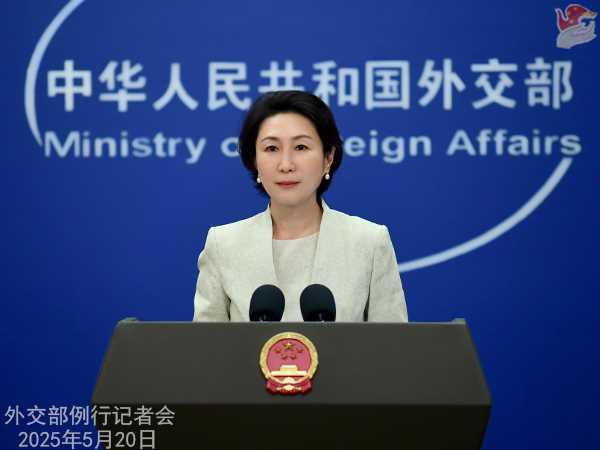
Monica Cheru
Managing Editor
At a time when conflict is escalating across the world, nearly 60 countries and 20 international organizations will converge in Hong Kong on May 30 to sign the Convention on the Establishment of the International Organization for Mediation
Briefing the media during a regular update session in Beijing, Chinese Foreign Ministry spokesperson Mao Ning said the organization is “a response to the shared need of countries in the world for peace, stability, and development” and an effort to “better safeguard international fairness and justice” by complementing existing judicial bodies like the International Court of Justice and arbitration tribunals.
The IOMed, which is to be headquartered in Hong Kong, is the result of a multilateral initiative of 20 nations led by China in 2022. Other founding nations include Indonesia, Pakistan, Sudan, Serbia, Algeria, and Djibouti.
Chinese Foreign Minister Wang Yi, who will attend the May 30 signing ceremony, stated the new body “will be a global public good for rule of law” and a reflection of China’s broader efforts toward sustainable security through multilateralism.
The treaty will formally inaugurate the world’s first intergovernmental legal body dedicated to resolving international conflicts through mediation.
The convention’s signing will be followed by a Global Forum on International Mediation, where participants will debate critical issues ranging from state-to-state disputes to investor-state and cross-border commercial conflicts.
Unlike litigation, mediation emphasizes voluntary dialogue, flexibility, lower costs, and confidentiality—qualities that many governments and stakeholders see as increasingly necessary in a fragmented, high-stakes geopolitical climate.
The IOMed’s launch comes at a moment when the global need for impartial dispute resolution could not be more urgent.
Related Stories
• In Europe, Russia’s invasion of Ukraine continues into its fourth year, with heavy civilian casualties and no sign of a diplomatic breakthrough.
• In the Middle East, the war in Gaza has led to thousands of deaths, a humanitarian catastrophe, and rising regional tensions.
• In Sudan, a violent power struggle between rival military factions has displaced millions, while Myanmar continues to reel under civil war and ethnic violence.
Traditional multilateral mechanisms like the UN Security Council appear to be ineffective, leading to a loss of confidence across the world.
IOMed’s model is based on the East Asian philosophical tradition of harmony and reconciliation, a point emphasized by numerous Chinese officials and scholars.
“China is a major country that sincerely subscribes to peace,” said Wang Wen, executive dean at Renmin University. “It has not engaged in a major foreign military conflict for over 40 years. This organization is a logical continuation of that commitment.”
Palestinian Ambassador to China Fariz Mehdawi told the media that the initiative should be lauded for prioritizing neutrality. “Peace is not something given—we have to achieve it,” he said. “To achieve it, you need balanced and neutral actors.”
The IOMed will mediate state-to-state issues as well as assist in resolving investor-state and commercial disputes.
Recent global trends have shown increasing interest in non-adversarial methods of conflict resolution, especially in areas like international investment.
Professor Shahla Ali noted that Hong Kong has taken a leading role in treaty innovation, encouraging mediation, particularly in agreements with countries like the UAE and Australia.
Legal experts see the IOMed as a meaningful addition to global governance. Teresa Cheng, former Hong Kong justice secretary, said the organization is “a supplement to the existing international dispute settlement mechanisms.”
She said that Hong Kong’s role as host reflects the city’s long-standing strength in legal services and international arbitration.











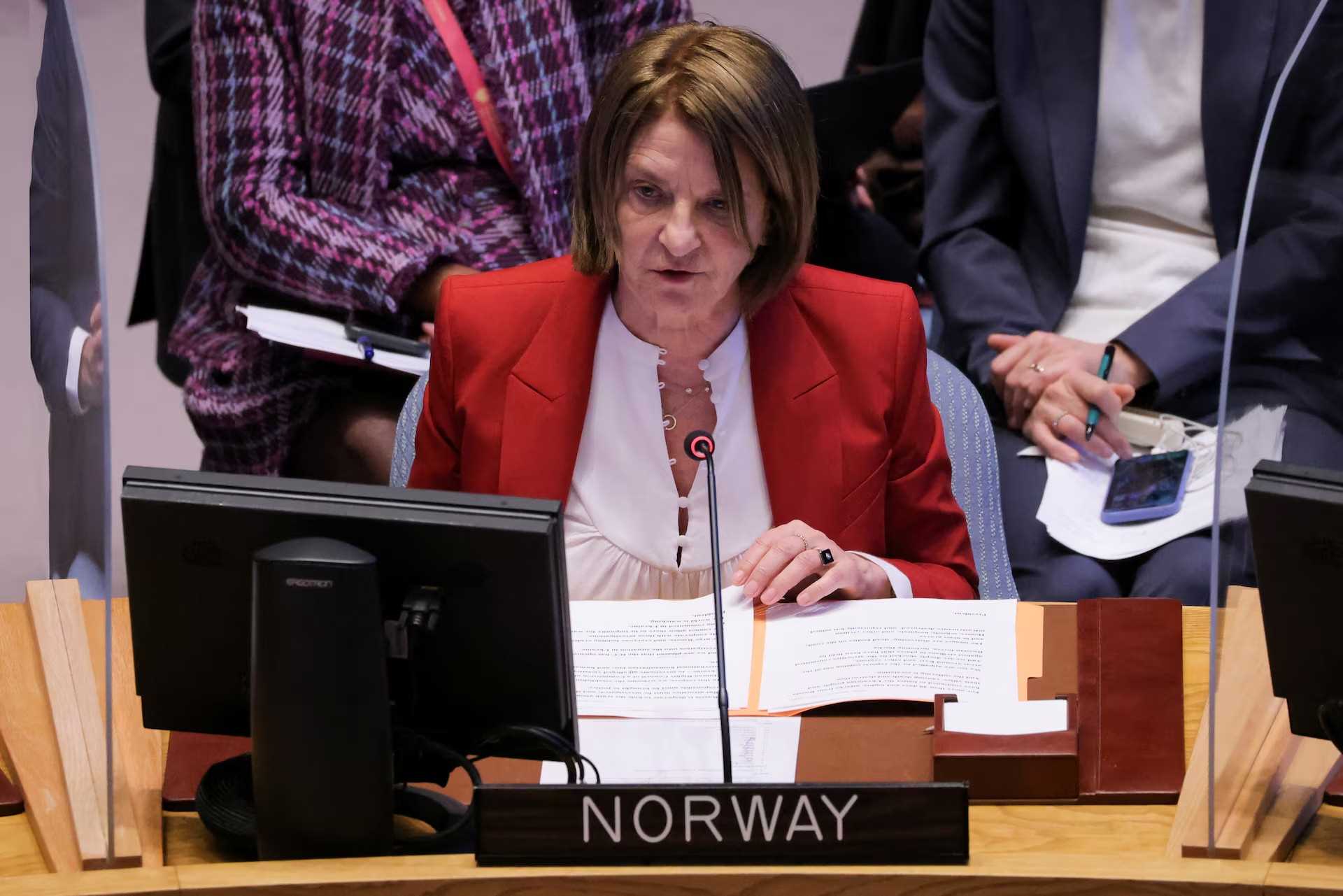



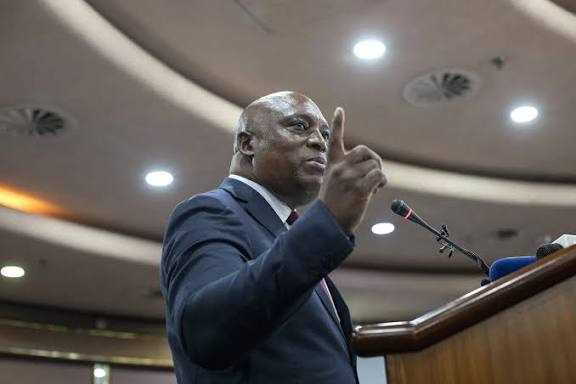
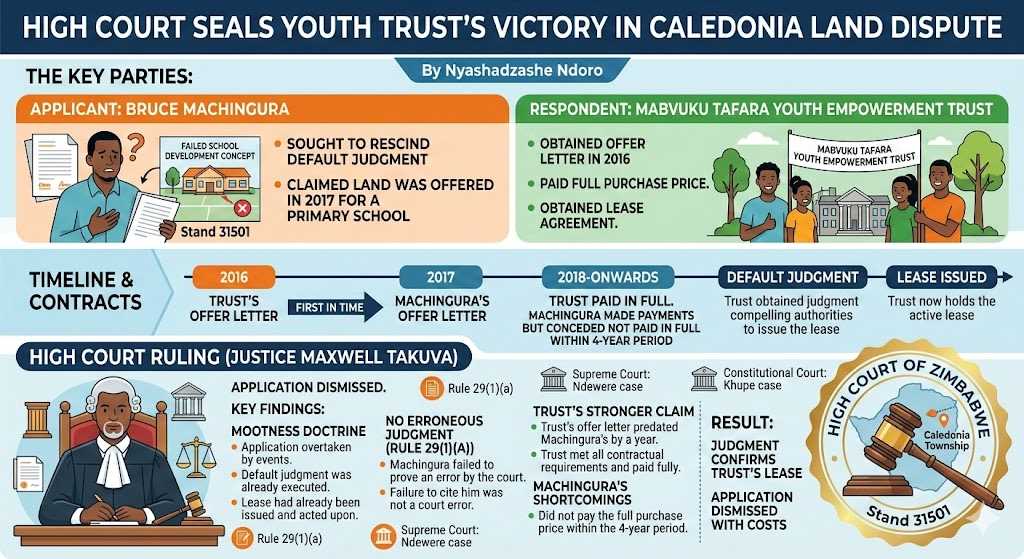
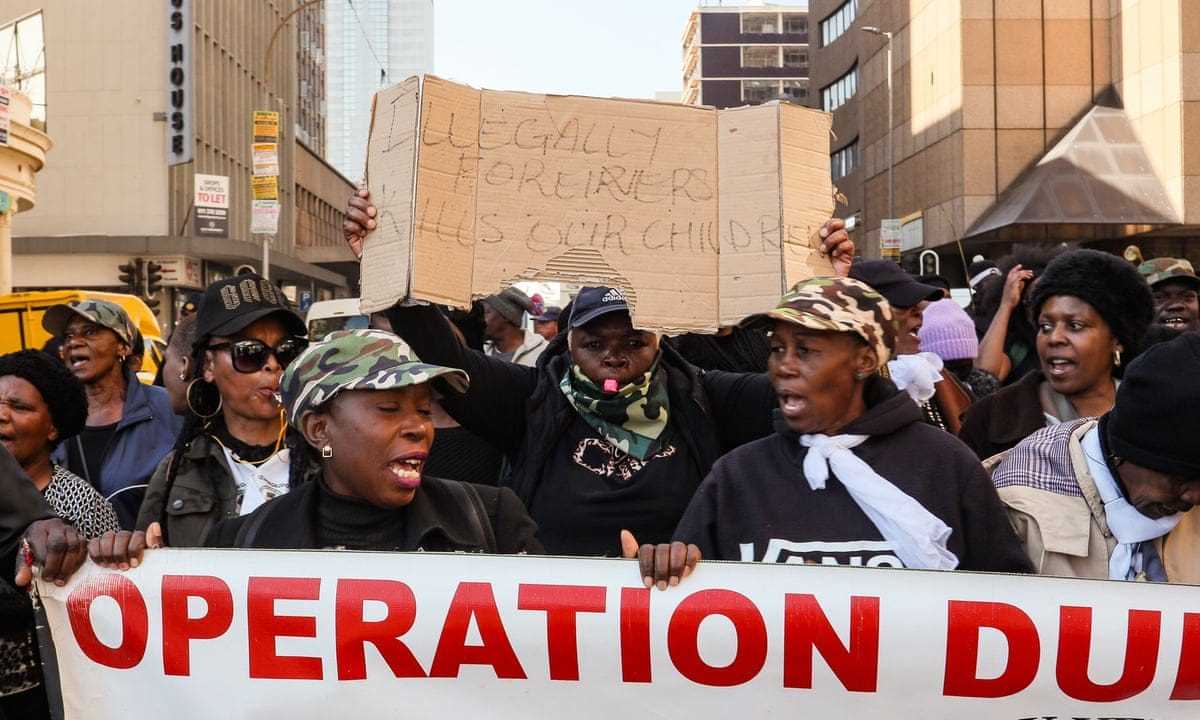


Leave Comments